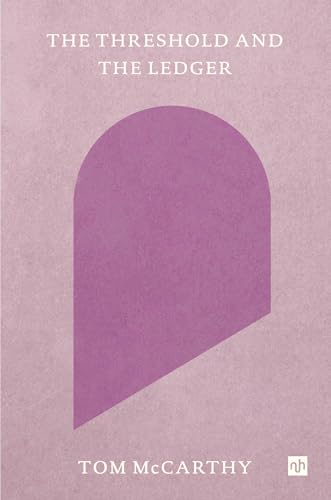What do you think?
Rate this book


80 pages, Paperback
Published September 9, 2025
‘—passion, in both its amorous and religious senses. No less than ‘Salt and Bread’, Malina is full of sacrificial motifs: crosses, thorns, white vestments. The narrator speaks of being nailed to a cross, and prophesies: ‘I shall fall three times before I can rise again’’
‘— polar opposites of one another – yet reciprocally counterbalancing. ‘I need my double existence,’ she writes, ‘my Ivanlife and my Malinafield, I cannot be where Ivan isn’t, just as I cannot return home when Malina isn’t there’; by the same logic, the contending book-versions are both mutually exclusive and intimately interlinked, each a kind of flipped or inverse copy of the other.
As Malina progresses, though, the logic and aesthetic of the second version get the upper hand. A febrile reprisal of the ballroom scene from War and Peace gives over to a conversation in which Malina tells her that ‘It isn’t war and peace … It’s war’—’